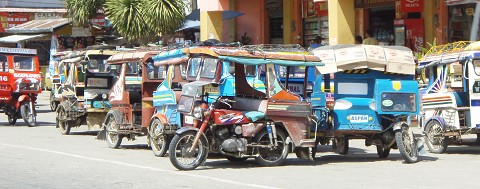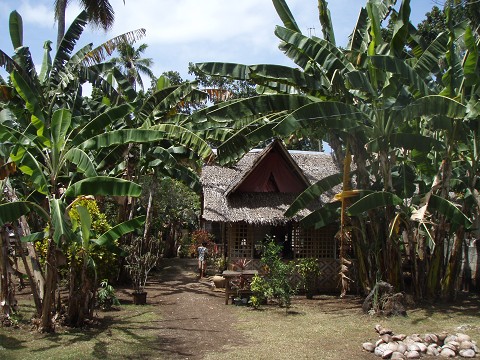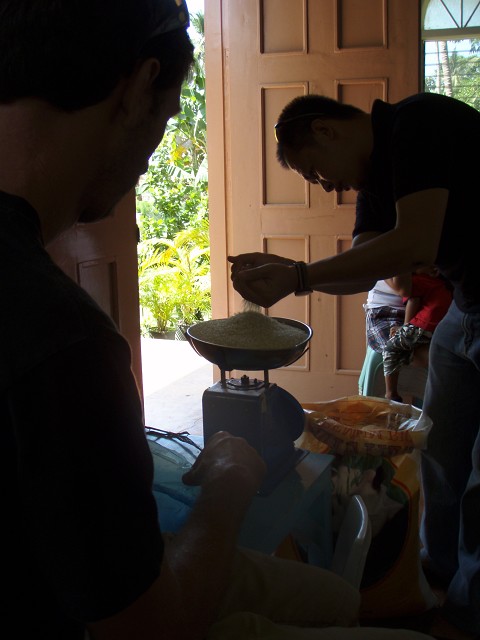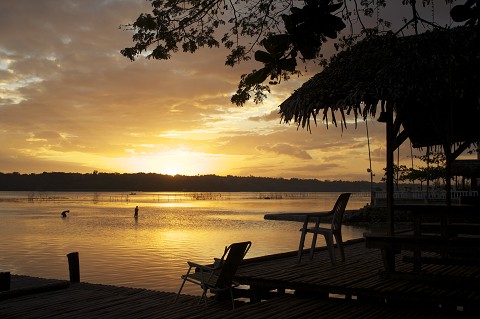Transforming Bohol Island

We have been on the Transform Team for the week with
International Care Ministry (ICM).
We have been helping with their livelihood program that goes from Tagbilaran City to various villages on Bohol Island. Each day we travel by motorbike, jeepney
or van from 15 minutes to 1.5 hours to each location. All of the recipients
must make less than  33 pesos/day (75 cents) most make nothing at all. The
33 pesos/day (75 cents) most make nothing at all. The
poorest of the poor. Many of the families are in very small shacks, housing as
many as 15 people (13 children). Which is why ‘family planning’ is part of the
livelihood program.
Each day we visit the recipient families in the morning to
see how they are progressing with what they have been learning. A lot of the
families are squatting until they get kicked out, most have been in these
locations for years. The transform program is 6 months long and they are taught
basic health principals for healthy living conditions and sustainable living:
organic gardening with seeds provided and worm compost. The combination of the
two, once established will generate income for the families: selling the
produce at markets and selling the compost and worms. Some have beautiful
plentiful gardens already.
 Though they don’t have much, the pastors always cook lunch
Though they don’t have much, the pastors always cook lunch
for the ICM staff and us as well. We have eaten some delicious meals: fresh
fish, dried fish, pickled papaya, seaweed, rice, chicken and calamari (coconut
cooked with sugar and peanuts added-sticky and packed inside coconut shells)
and of course coco-cola! We are slowly learning their local dialect: Visayan.
Between what we learn and their broken English we are able to have some good
conversations, often speaking through actions. Over lunchtime we have language
lessons with the two ICM staff that we work with each day, and so we’re slowly
breaking the language barrier.
sessions of livelihood teachings and then the pastor gives a sermon in Visayan.
Afterwards each recipient is given two kilo’s of rice, which for most is their
main staple for the week in addition to what they are beginning to grow in
their gardens. Those fortunate enough to live near the ocean can also
supplement their diets with fish. But clean water is always the most difficult
to obtain. Most don’t have the money to buy it or tap into the main line, so
they end up drinking the ground water that is usually brackish from living so
close to the ocean. We’re all realizing, just how much we’ve taken for granted
the simple need of fresh water.









